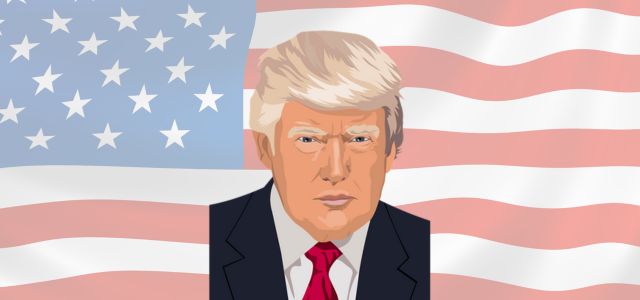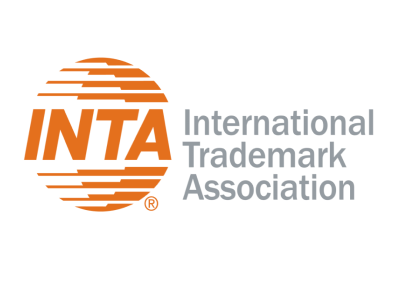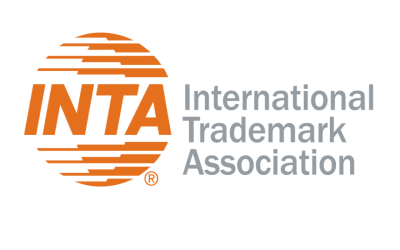New York, New York —September 13, 2023—The International Trademark Association (INTA) has filed an amicus brief with the United States Supreme Court in Vidal v. Elster, No. 22-704, a case considering whether the refusal to register a trademark under 15 U.S.C. § 1052(c) violates the free speech clause of the First Amendment when the mark contains criticism of a government official or public figure. Section 1052(c) of the Lanham Act requires consent to name a living individual in a registered trademark—in this case then-President Donald Trump.
In this case, respondent Steve Elster sought to register the mark TRUMP TOO SMALL based on an intent to use the mark on t-shirts. The United States Patent and Trademark Office (USPTO) refused registration of the mark under Section 1052(c). Mr. Elster appealed the USPTO’s refusal to the Trademark Trial and Appeal Board, which affirmed the refusal to register, recognizing that the purpose of Section 1052(c) is to align trademark law with the right of publicity a person has in their name. The U.S. Court of Appeals for the Federal Circuit reversed the refusal, holding that the application of Section 1052(c) to bar registration of the mark “unconstitutionally restricts free speech in violation of the First Amendment.” The government sought review by the US Supreme Court.
The case is significant because it addresses whether a “Lanham Act bar” on the registration of a trademark is an impermissible restriction on speech. The Supreme Court has recently considered other Lanham Act bars on registration in Matal v. Tam, 582 US 218 (2017) and Iancu v. Brunetti, 139 S. Ct. 2294 (2019), but in both of those cases, the statutory provision was viewpoint based. Unlike the statutory bars in Tam and Brunetti, the statutory bar in Section 1052(c) is viewpoint neutral, thus this case addresses a question left unresolved by the Court’s prior decisions.
INTA filed a brief in support of USPTO arguing that Section 1052(c) should survive the constitutional challenge for four principal reasons: 1) the statute does not create any significant or undue restriction on speech because a trademark owner does not need a registration to engage in speech; 2) the provision is viewpoint neutral and therefore distinguishable from the provisions struck down in the Supreme Court’s recent Tam and Brunetti cases; 3) Congress has a substantial interest in regulating registration of trademarks that appropriate and trade upon the names and associated publicity rights of recognized individuals; and 4) refusals under Section 1052(c) permit more speech, not less, because they deny the owner the presumptive right to exclude third parties from using the claimed mark.
About the International Trademark Association
The International Trademark Association (INTA) is a global association of brand owners and professionals dedicated to supporting trademarks and complementary intellectual property (IP) to foster consumer trust, economic growth, and innovation, and committed to building a better society through brands. Members include nearly 6,000 organizations, representing more than 33,500 individuals (trademark owners, professionals, and academics) from 181 countries, who benefit from the Association’s global trademark resources, policy development, education and training, and international network. Founded in 1878, INTA is headquartered in New York City, with offices in Beijing, Brussels, Nairobi, Santiago, Singapore, and the Washington, D.C., Metro Area, and representatives in Amman, Nairobi, and New Delhi. For more information, visit inta.org.
You may also like…
INTA files statement in intervention in EU case on the inherent distinctiveness of color combination trademarks
New York, New York—July 24, 2024—The International Trademark Association (INTA) has filed a Statement in...
Bytedance stumbles in Singapore: IPOS rejects TIKI trademark challenge
The social media giant Bytedance, owner of the ubiquitous TikTok platform, recently suffered a setback in Singapore....
TOUR DE FRANCE fails in the third stage against German fitness studio chain
At the end of June, the 111th edition of the Tour de France kicked off. June also saw the end of a dispute between...
Contact us to write for out Newsletter














